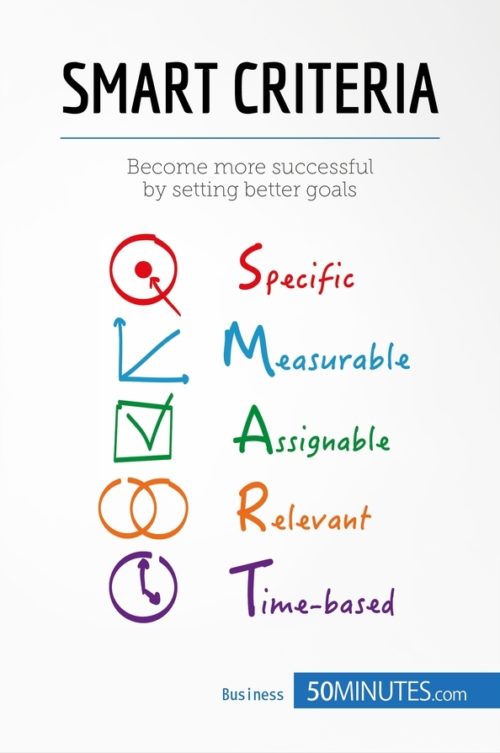Book Review: Being Genuine: Stop Being Nice, Start Being Real by Thomas d'Ansembourg
Book Review: Being Genuine: Stop Being Nice, Start Being Real by Thomas d’Ansembourg
Read more
Being Genuine: Stop Being Nice, Start Being Real is an essential guide for anyone who wants to improve their psychological wellbeing
In Being Genuine: Stop Being Nice, Start Being Real, the Belgian psychologist Thomas d’Ansembourg argues that many modern social problems stem from an inability to recognise and express our personal needs, and that genuine communication is the key to surmounting this problem. This clear and detailed summary and analysis is a valuable resource for anyone who wants to understand d’Ansembourg’s method: it features a thorough explanation of the author’s aims, the main concepts underpinning his work, such as nonviolent communication and empathy, and the contextual background to his work, including the principles of Mahatma Gandhi. It also provides an overview of the main criticisms of his work and an introduction to some similar approaches, giving you everything you need to understand this helpful book in just 50 minutes.
This accessible and insightful 70-page summary and analysis is structured as follows:
- Being Genuine: Stop Being Nice, Start Being Real
- Context
- The author: Thomas d’Ansembourg
- Influences
- Context
- Summary of Being Genuine: Stop Being Nice, Start Being Real
- Violence
- Embracing our true selves
- Building healthy relationships
- Impact of Being Genuine: Stop Being Nice, Start Being Real
- Limitations and criticisms of d’Ansembourg’s approach
- Similar approaches
- Summary
About Being Genuine: Stop Being Nice, Start Being Real
Being Genuine: Stop Being Nice, Start Being Real offers readers an innovative approach to self-improvement which draws on the principles of nonviolent communication and places them within a new framework. This method, which is the brainchild of Belgian psychologist Thomas d’Ansembourg, is based on the idea that self-awareness is the key to making genuine connections with others, and aims to help individuals find harmony both with themselves and with others.
About Thomas d’Ansembourg
Thomas d’Ansembourg is a Belgian psychologist who worked as a barrister for several years before eventually retraining as a psychotherapist and opening his own practice. This decision was motivated both by his time as a volunteer with the charity Flics et Voyous and by the influence of Marshall Rosenberg, the founder of nonviolent communication. D’Ansembourg remains a firm believer in Rosenberg’s method, and draws heavily on it in his own work.
Product details
| ISBN | 9782808010924 |
|---|---|
| Publisher | Plurilingua Publishing |
| Collection | BrightSummaries.com |
| Format | |
| Pages | 70 |
| File size | 4.2 MB |






